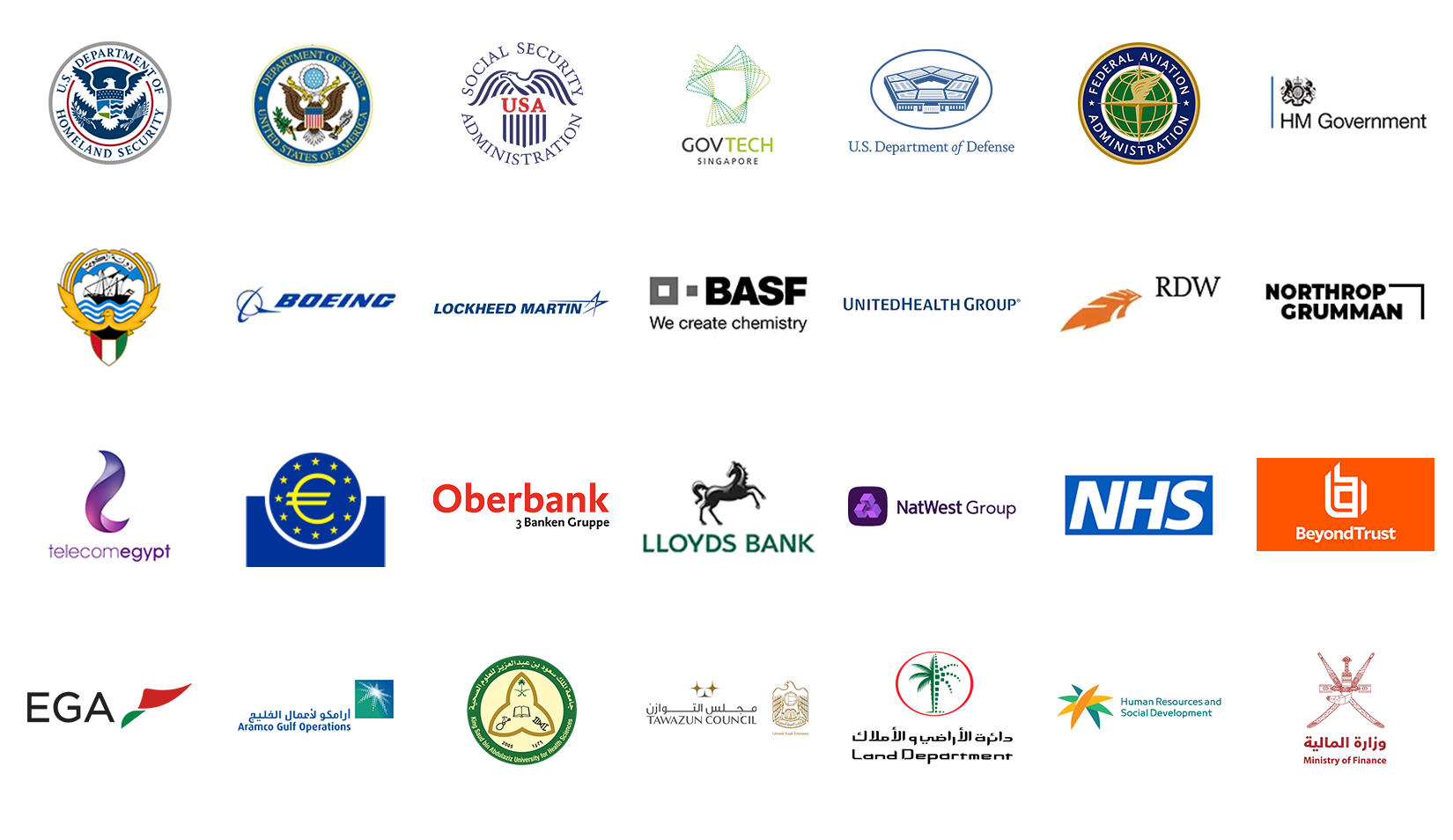
The threat you forgot was even there.
With most of our lives online, the allure of convenience often overshadows the importance of strong security measures, particularly with password management that enables access to our online identities. Numerous individuals rely heavily on their web browsers to store and manage these passwords, allowing them to automatically fill in the required fields as they go about their daily internet tasks. While this feature undeniably simplifies our digital engagements, it simultaneously introduces substantial security vulnerabilities that could expose our sensitive information to cyber threats. Autofill can often be used to extract more data than you thought was being sent. If you fill in form with “Email” and “Password”, then you’d think only those two would be sent, but if you went to a malicious website, it could also have textboxes for address, phone number etc but they’re hidden, so the autofill will fill in all the information and the user can’t see it happening, unsuspectingly giving away lots of information. This kind of attack is called “Autofill Phishing”.
Web browsers, despite their sophisticated technology, are not exempt from security faults. They are complex pieces of software that can harbour vulnerabilities, leaving them susceptible to exploits. If your browser is compromised, it can act as another direct route for cybercriminals to access the passwords and private information stored within it. The importance of regular software updates cannot be overstated, as these are intended to fix known vulnerabilities.
The consequences of such security breaches are far-reaching. When passwords are stored within a browser, an attacker doesn’t need physical access to your devices to compromise your accounts. Certain types of viruses and malware are specifically designed to extract password lists from browsers remotely. Once attackers obtain these credentials, they can potentially access your accounts across various platforms where you have used the same passwords.
Moreover, the severity of the breach can escalate depending on your habits of password reuse and management. If the same password is used across multiple sites, especially for sensitive or critical accounts, the potential damage from a single breach can multiply rapidly. In addition to gaining access to casual social media or shopping sites, cybercriminals could potentially unlock the credentials for more sensitive or financially linked data.
Additionally, the risks extend beyond the virtual world and into the physical one. Should you decide to sell or dispose of your computer without properly removing all stored data, you could inadvertently grant the new owner the ability to recover your stored passwords. Even if the new owner is no cybercriminal, they may possess, or acquire, the necessary technical insight to extract those credentials and use them for immoral purposes.
How to keep your passwords safe?
- Password Security Manager
Password managers to help to create strong and secure passwords, all safely locked away from prying eyes. This tool can reduce human errors and improve security by generating complex passwords, which is crucial given that many people tend to reuse the same passwords, increasing risks.
- Multi Factor Authentication
Two-factor or multi-factor authentication requires users to verify their identity using two or more methods. This often involves a password and a second step like a code sent to your phone. This reduces the risk of password breaches. Physical security keys or biometrics can also be used. Multi factor authentication is another added level of defence, ensuring that little mistakes don’t pave the way for cybercriminals.
Although it may be convenient and save so much time, don’t save your passwords to your internet browser. It can’t be trusted to be fully safe and secure.
In conclusion, while relying on web browsers to manage our passwords offers considerable convenience, it is imperative to recognise and mitigate the associated security risks. This includes not only maintaining updated software but also adopting more secure methods of managing passwords, such as using dedicated password managers and employing multi-factor authentication wherever possible. Such measures can significantly enhance the security of our online data and reduce our vulnerability to cyber threats.
If you want to better protect your organisations sensitive data against attacks, contact Intercede today and arrange a free audit to identify your weaknesses and book in for a demo of MyID PSM to see how we can protect you going forward.
Trusted by Governments and Enterprises Worldwide
Where protecting systems and information really matters, you
will find Intercede. Whether its citizen
data, aerospace and defence systems, high-value financial transactions,
intellectual property or air traffic control, we are proud that many leading
organisations around the world choose Intercede solutions to protect themselves
against data breach, comply with regulations and ensure business continuity.


